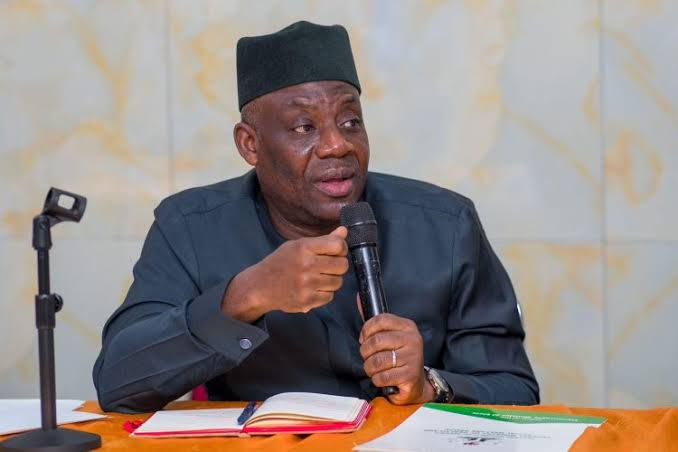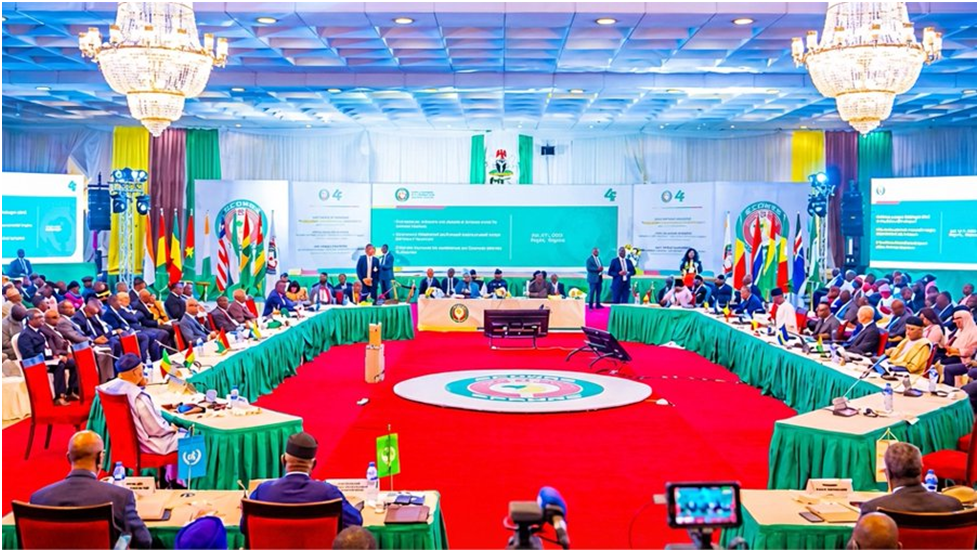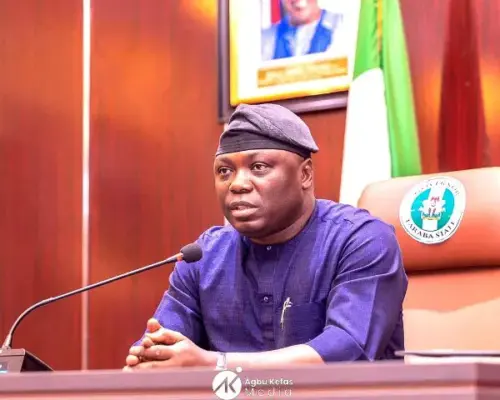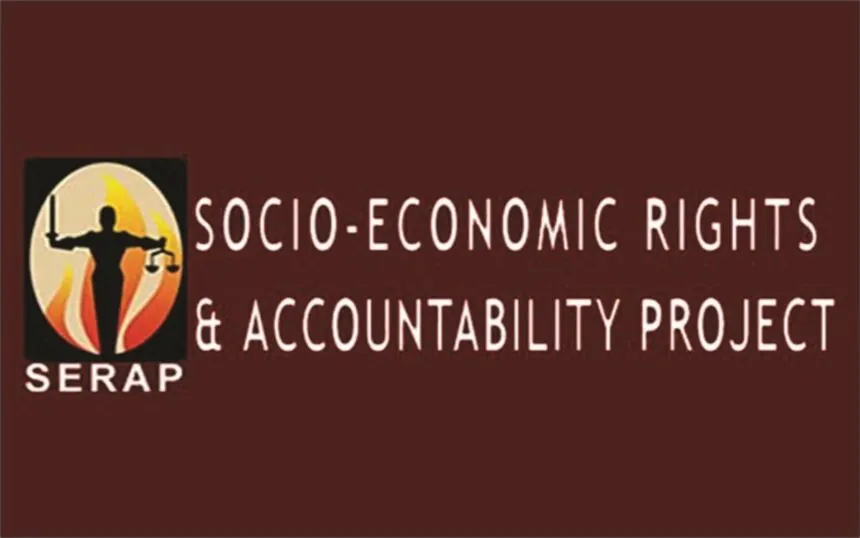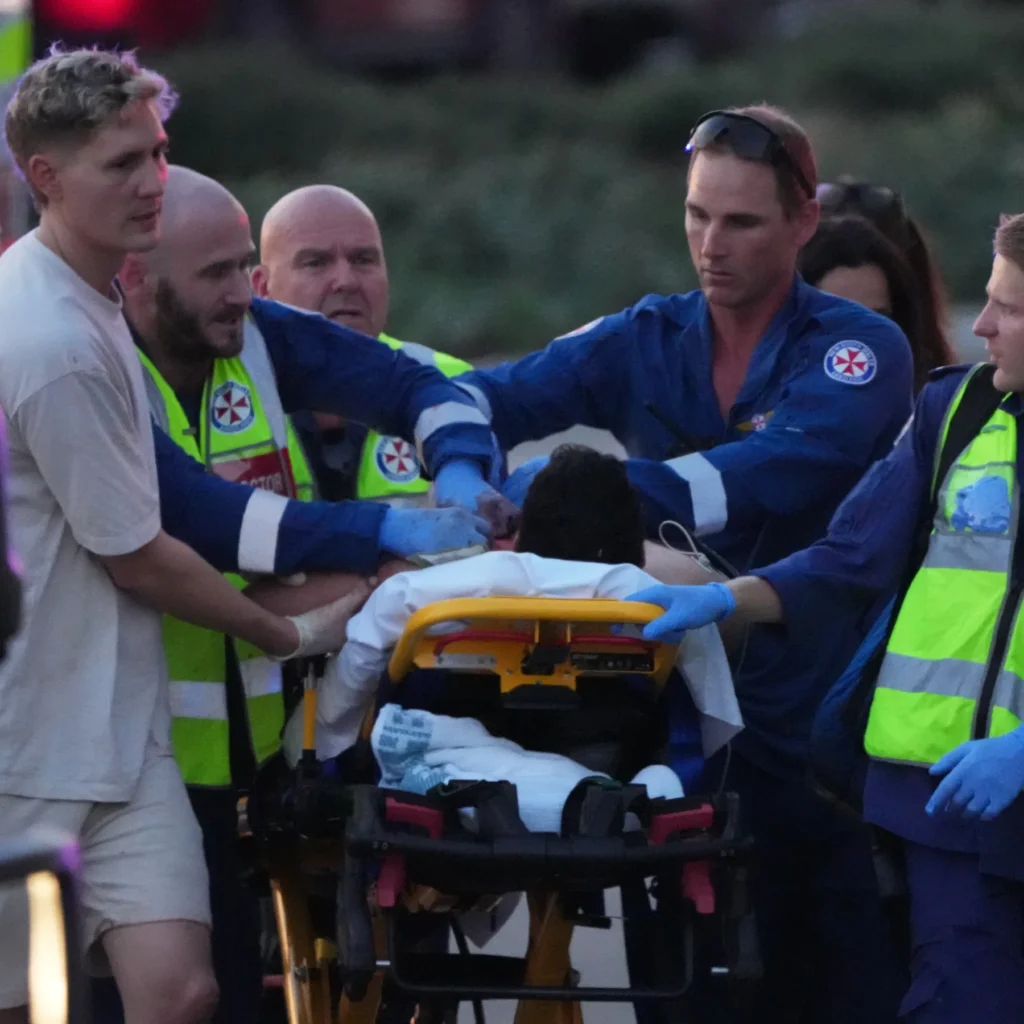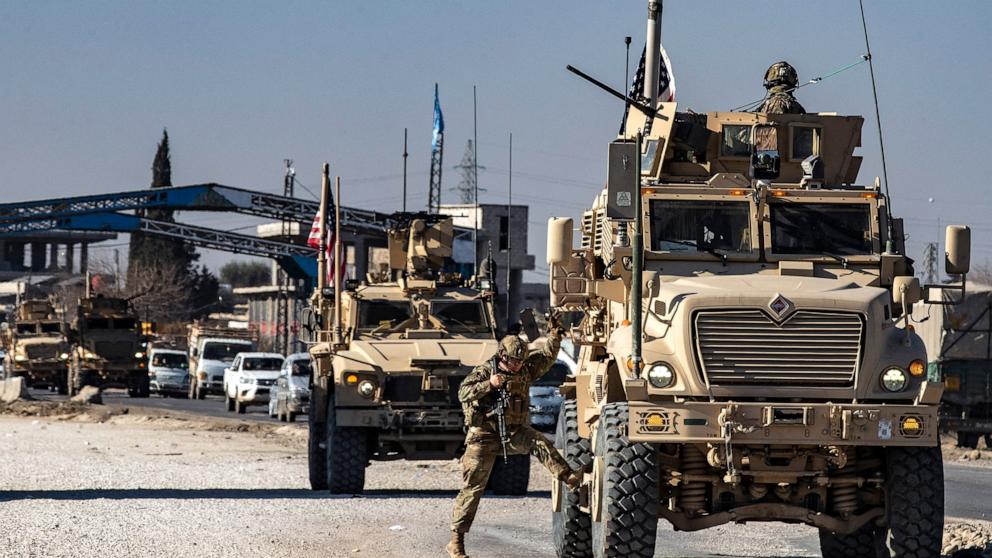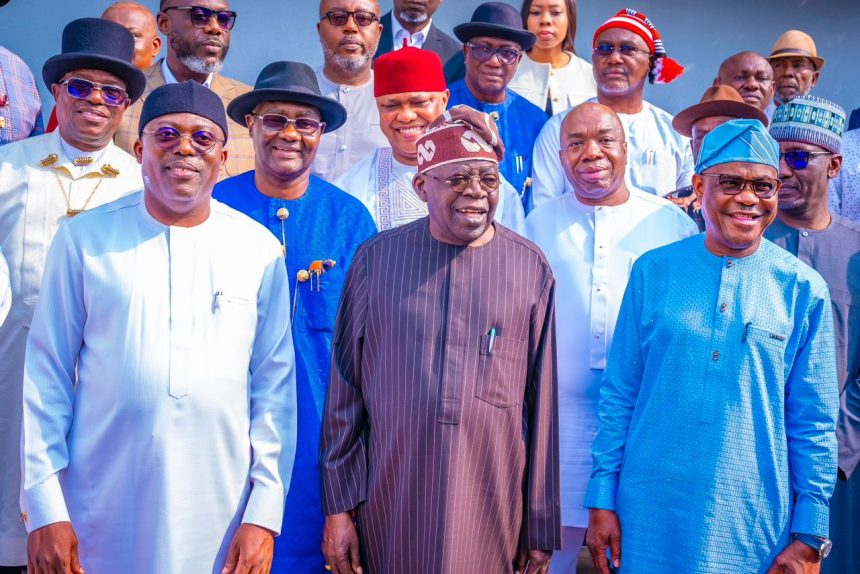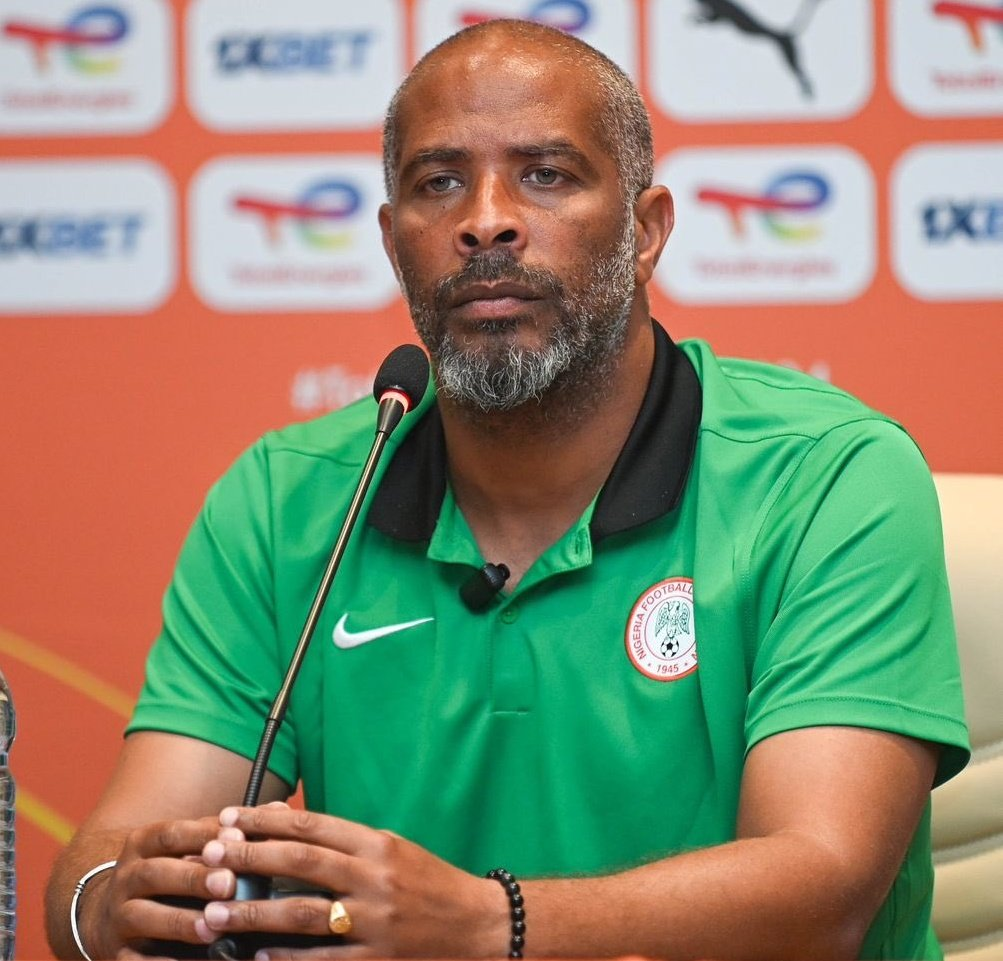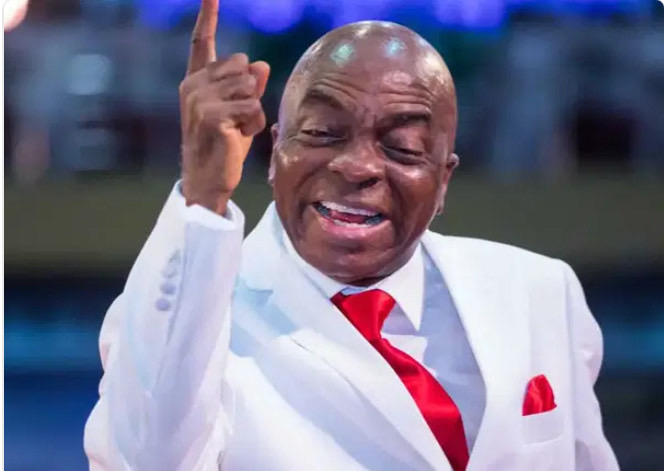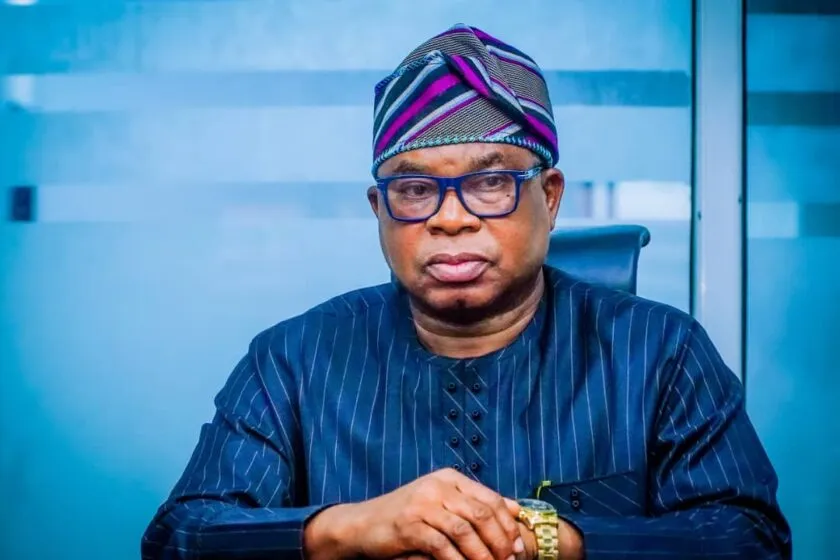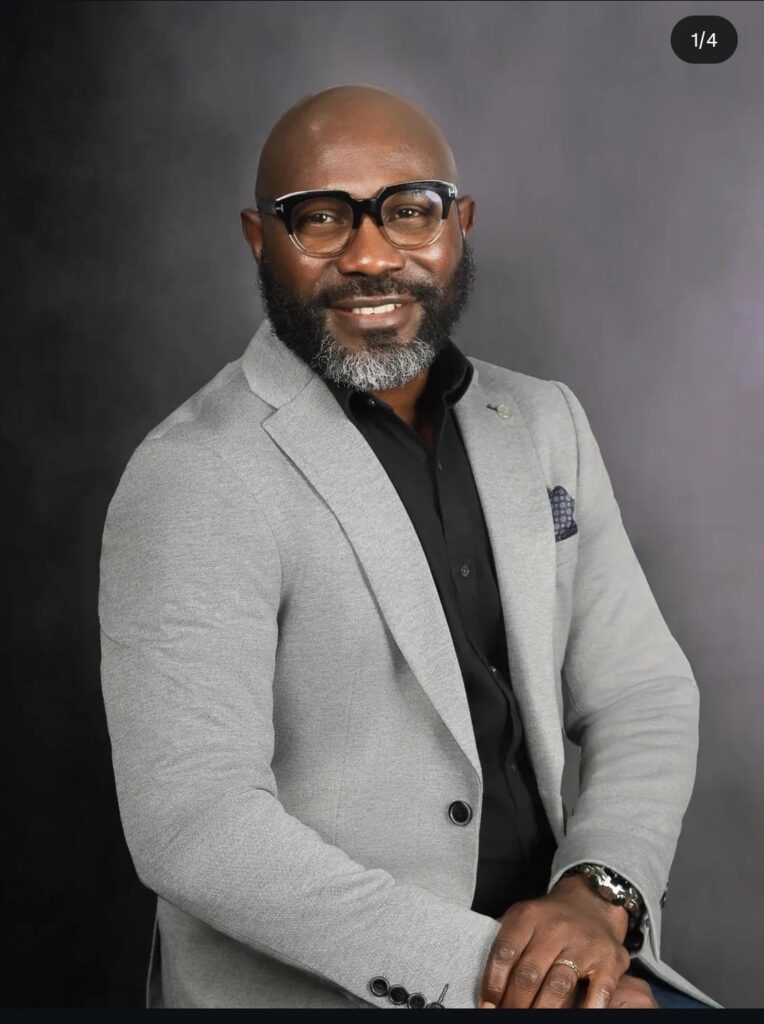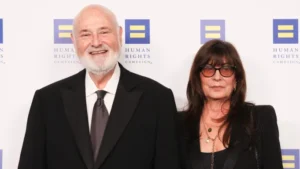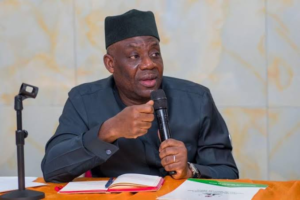Russia has officially banned Amnesty International, declaring the human rights group an “undesirable organisation” over its outspoken support for Ukraine and criticism of the Kremlin’s rights record. The move, announced Monday by the Russian prosecutor general’s office, effectively criminalises the group’s operations within Russia and threatens citizens with prison time for collaboration.
The prosecutor’s office accused the London-based organisation of serving as a “centre for the preparation of global Russophobic projects” and claimed it had promoted Ukraine’s position in the ongoing war while “justifying the criminal actions of the Ukrainian regime.” It also alleged that Amnesty’s work contributed to escalating the military conflict.
Founded in 1961, Amnesty International is widely known for campaigning on behalf of prisoners of conscience and exposing human rights abuses around the world. In response to the ban, Amnesty Secretary General Agnès Callamard condemned the Kremlin’s decision.
“You must be doing something right if the Kremlin bans you,” she said in a statement. “This is part of the Russian government’s broader campaign to silence dissent and shut down civil society. We will redouble our efforts to expose Russia’s egregious human rights violations, both inside and outside its borders.”
Russia’s “undesirable organisations” law, introduced in 2015, allows authorities to outlaw foreign groups deemed to threaten national security. Penalties include fines and up to five years in prison for individuals who work with or support banned entities. Other groups previously blacklisted include Radio Free Europe/Radio Liberty and Greenpeace.
Amnesty noted that Russia had already blocked access to its websites and shut down its Moscow office in 2022, but vowed to continue its work from abroad. It also argued that the legal framework underpinning the ban violates international law.
The Kremlin insists that Western NGOs and rights groups promote biased narratives, ignore abuses in their own countries, and operate as tools in a broader information campaign against Russia. Critics, however, say such claims are part of a long-standing effort by President Vladimir Putin’s government to suppress independent voices and roll back the civil liberties gained after the fall of the Soviet Union in 1991.





